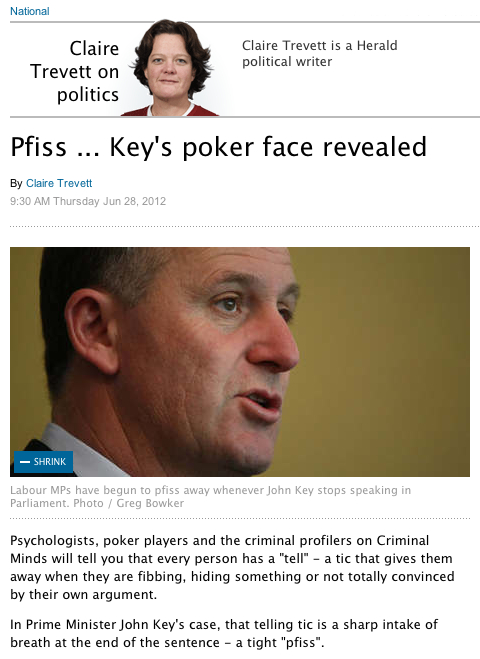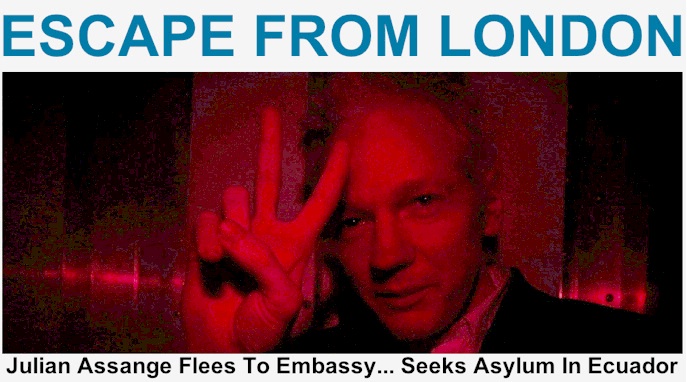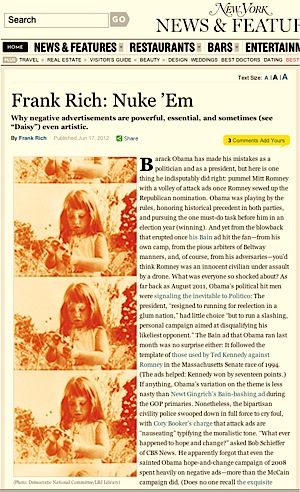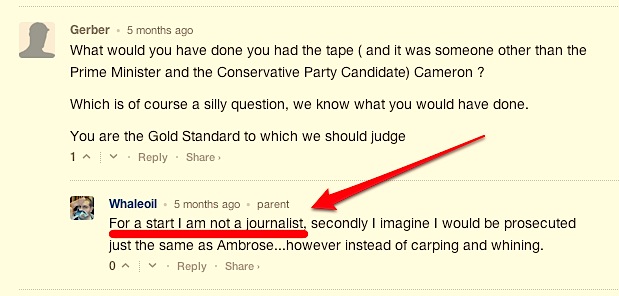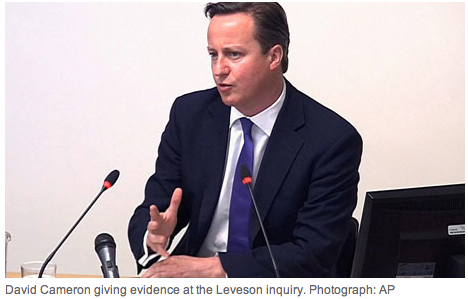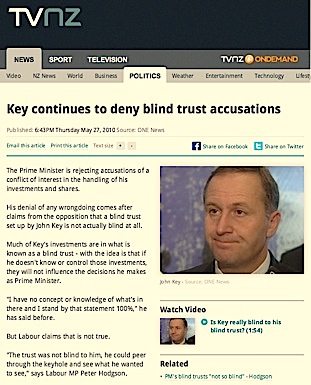UPDATE June 2013 — There have been developments on this. See this post:
Is this what we want? Internet ‘take down’ and indefinite gagging orders?
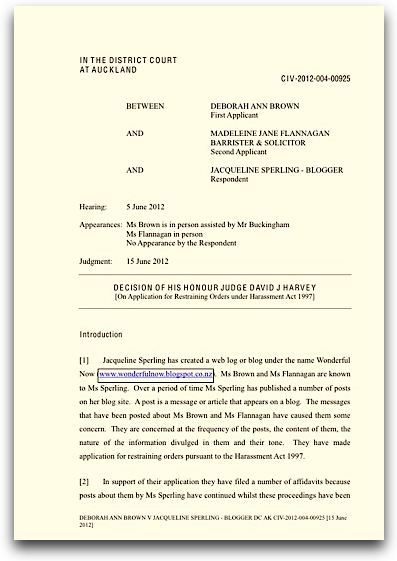 The decision in a recent court case involving allegations of harassment by blog post is instructive on all sorts of levels for what it tell us about the state of internet comment and criticism.
The decision in a recent court case involving allegations of harassment by blog post is instructive on all sorts of levels for what it tell us about the state of internet comment and criticism.
Let’s quickly outline what happened:
Auckland District Court Judge David Harvey was asked by Ms Brown and Madeleine Flannagan to grant restraining orders under the Harassment Act on Auckland blogger Jacqueline Sperling.
Effectively, the plaintiffs Brown and Flannagan were seeking to gag a blogger.
Judge Harvey is no innocent neophyte when it comes to these important matters: the boundaries between criticism, derogatory statements, defamation, public information and free speech. I’ve quoted him before here on The Paepae in discussion about blogger Cameron Slater’s convictions for breaching name suppression orders via blog. In that respect, I regard his opinions seriously from an intellectual point of view, not just a legal standpoint.
As he points out in his judgement, the application came from two bloggers well familiar with the cut-and-thrust and tone of debate in the blogosphere and the greatly-reduced privacy of people who choose to be part of that ‘community’: Ms Brown and Madeleine Flannagan.
In their affidavits to the court they claimed ‘distress’ at reading what another blogger/ex-friend wrote about them on her blog. They claimed it amounted to harassment. Judge Harvey agreed that the statements and “the combative and aggressively critical tone of her [Ms Sperling’s] blogs” were likely offensive, even meeting the criteria of ‘specified acts’ in terms of the Harassment Act (I might be seen as guilty of that myself, btw), and crucially found:
“But the static or passive blog post cannot, in my view be causative of distress and it cannot be said to be so if a person accesses the material by their own act of choice. By that act that person has taken the communication flow out of the control of the blogger and has assumed control of it.” [230]
So, while Brown-Flannagan may have been distressed (or not, see below) he showed that for the most part, the plaintiffs themselves navigated to the blog to read it (except in the case of a link to her blog post being sent to Mrs Flannagan’s employer)1. So, as I read the judgement, the ‘instrusive’ and ‘causative’ tests required for the comments to be actionable under the Harassment Act were not met.

Judge Harvey told the plaintiffs they had contributed to their own distress and, effectively, that they should stop reading nasty things written about them if doing so upset them so much.
He said Ms Brown couldn’t complain about photos already published on the internet being used, nor about being ‘talked about’: “…there may have been distress it was not directly caused by the posts of Ms Sperling but flowed from Ms Brown’s own engagement with the Internet and particularly the blogosphere.” [239]
Mrs Flannagan likewise, wasn’t seen by Judge Harvey as a babe in the woods:
“Ms Flanagan is also a denizen of the Internet space and an active one too. She has a “real world” profile as well and has involved herself in matters of controversy – such as the abortion debate. She, like Ms Brown, is well aware of the robust nature of communication within the Blogosphere and has little hesitation in participating in debate, contributing to comments and actively engaging in discussion. [241]
… Ms Flannagan, like Ms Brown, engaged and was prepared to enter the lists with Ms Sperling. In view of her awareness of the, at times heated, nature of the debate I consider that a reasonable person may well conclude that she might get burned. In addition she made unprompted visits to Ms Sperling’s website and in that regard could be said to have contributed to her own distress, if indeed there was any.” [242] emphasis added
In other words, they had to expect some harsh comment. Get over it.
I’ve observed enough court hearings and read enough decisions to recognize the judge’s code words ‘there may have been distress’ (Brown) and ‘[Flannagan] contributed to her own distress, if indeed there was any‘ remarks for what they are: pointers that he kinda-sorta found Ms Brown’s and Mrs Flannagan’s claims of ‘distress’ implausible.
The result: Judge Harvey dismissed their application for restraining orders, saying very clearly that while the comments on the defendant’s blog may have been offensive, insulting and even qualified as ‘specified acts’ as far as the Harassment Act was concerned, in all but one incident, they couldn’t be seen as ‘causative’ of any ‘distress’ because the plaintiffs effectively sought the comments out.
That is an important distinction, and as a blogger who is on occasion, harshly critical of other people — by name — myself, I’m grateful that Brown-Flannagan took their (flawed and failed) court action which sees that issue clarified like this.
But it’s too bad Jacqueline Sperling had to pay the emotional price for this. The ghastly smears directed at her by team Brown-Flannagan sock puppets and anonymous proxies are disgusting. The Christianity which is claimed to be a common inspiration of the participants in this melodrama is not making much of an impact from where I sit. An anonymous blogger supposedly defending Madeleine Flannagan is peddling very nasty stuff in attempts to discredit Ms Sperling. I guess he’ll be at church on Sunday. He may not realize he’s not actually doing Flannagan’s reputation any favours.
The case failed before even reaching the hurdle of the NZ Bill of Rights Act ‘freedom of expression’ clauses, although Judge Harvey, as one would expect, touches on those — emphasizing the obvious truth that freedom of expression is only a challenge if you disagree with what’s being expressed. As I sometimes do.
Continue reading →

